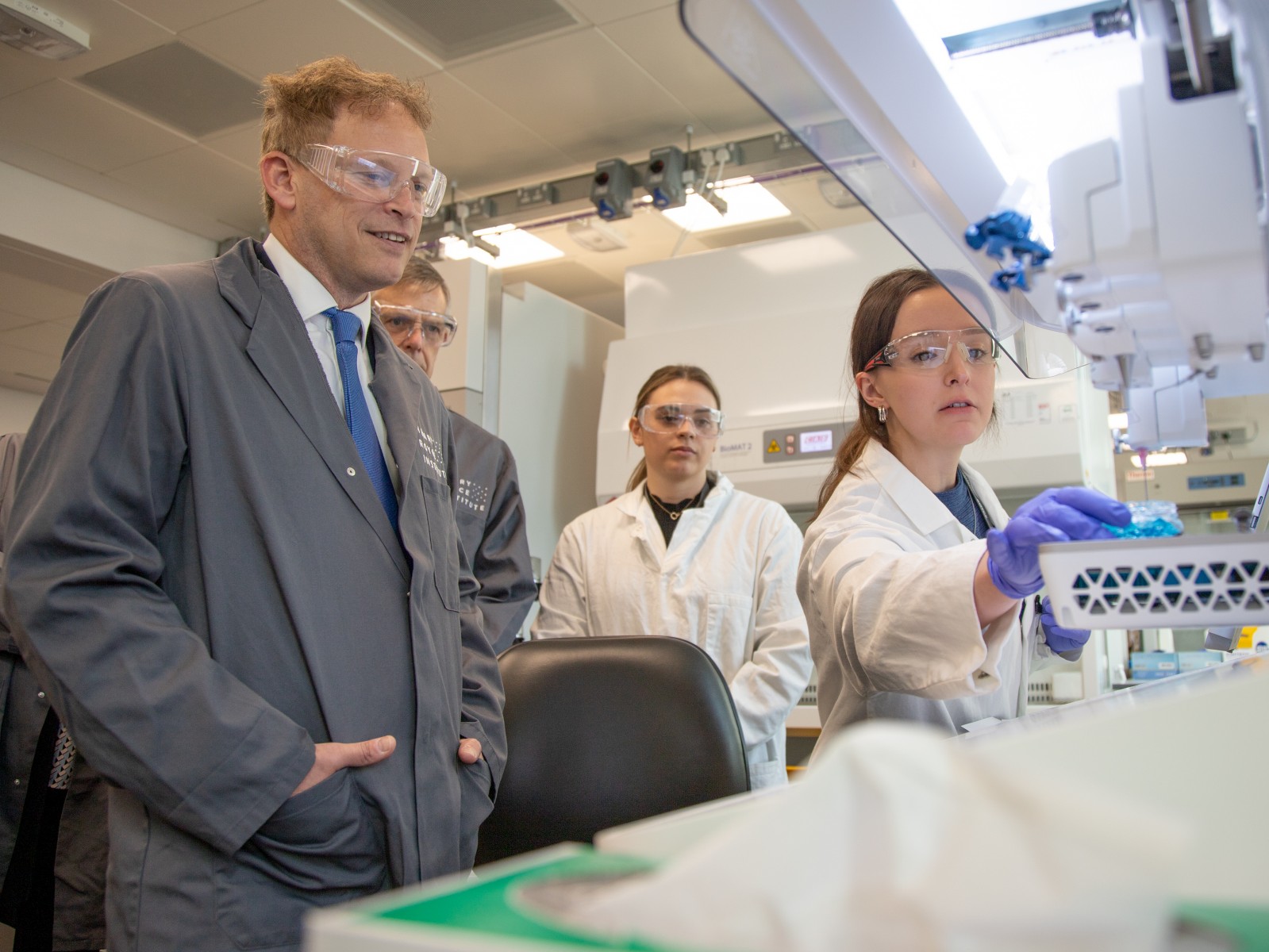Greater Manchester seeing ‘record number’ of advanced manufacturing projects
9 November 2022
A new report explores Greater Manchester’s deep-rooted industrial history and the role it is playing today in powering Industry 4.0 through robotics, autonomous systems and advanced manufacturing

The report, Manufacturing Machinery for Tomorrow, by Manchester’s inward investment agency, MIDAS, shines a light on how the city region has moved from instigator of the First Industrial Revolution to leader of the Fourth, through world-class institutes like the Advanced Machinery & Productivity Institute (AMPI) in Rochdale and Graphene Engineering Innovation Centre (GEIC) in Manchester.
Rhys Whalley, MIDAS Acting Managing Director, said:
“Advanced Manufacturing showed significant growth last year, with a record number of exciting projects – companies investing here for the first time and existing businesses expanding – creating high-quality roles in Greater Manchester as a result of foreign direct investment.
“Thanks to the collaborative approach across the city-region from ambitious experts at our world-leading programmes, our position at the heart of the UK’s largest manufacturing and advanced engineering cluster is growing stronger. Investment at government level will only help fuel this further.”
Rhys Whalley, MIDAS Acting Managing Director
The latest example of government investment in the region’s advanced manufacturing capabilities is a £95 million boost to the University of Manchester’s Henry Royce Institute to support R&D in new advanced materials.
Announced by Business Secretary Grant Shapps during a visit to Manchester on 3 November (pictured), the funding will help to accelerate research and identify opportunities for collaboration between businesses and researchers. To date, the Institute has worked with 295 UK SMEs and industry users and facilitated 350 collaborations between academia and industry.
Examples of previous projects supported include using waste materials from the shellfish industry to develop sustainable plastics and reusing titanium machining waste to create lightweight alloys.
Prof David Knowles, CEO of Henry Royce, said:
“Our Partnership offers a unique combination of materials science expertise, state-of-the-art laboratories and fantastic collaboration spaces for the advanced materials community.
“We are focused now, more than ever, on working with the community to identify the key challenges and opportunities ahead of us, and supporting the translation of innovative research into the viable products and systems needed to ensure a sustainable future for us all.”
Prof David Knowles, CEO of Henry Royce